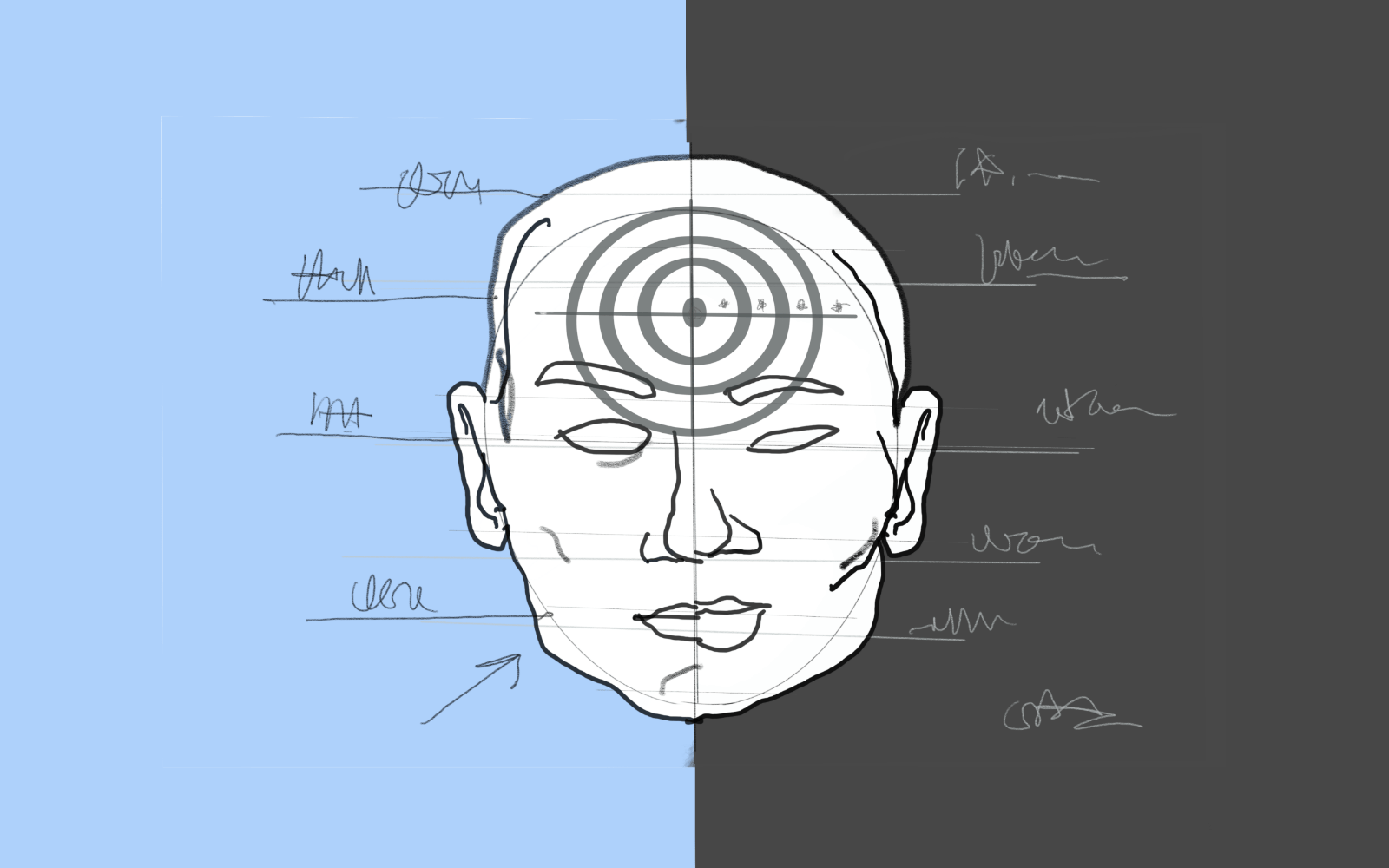After the detention of four Tajik nationals suspected of committing the terrorist attack at the Crocus City Hall near Moscow, migrants have faced a wave of hatred and aggression. In Blagoveshchensk, along the Amur River that borders China, unknown persons set fire to a market pavilion belonging to migrants. According to the city’s mayor, Oleg Imameyev, the arson was committed “obviously on ethnic grounds.” In Kaluga, a group of unidentified men beat up three Tajik citizens on the street, with one of them requiring hospitalization. In some regions of Russia, taxi passengers are refusing to use transportation services if they learn the driver is Tajik.
Telegram channel, Baza, reports that after the terrorist attack special units were created among domestic law enforcement to conduct additional checks on foreign citizens. Together with traffic police officers, they will check hostels, hostels, businesses and road routes, as well as other places where migrants congregate.
Even those Tajiks who have been living in Russia for many years with their families, some whom have Russian citizenship, have felt an increase in xenophobic sentiment. After it became known that one of the detainees, 19-year-old Muhammadsoobir Faizov, had worked for several months in the Ploschadka barbershop in the town of Teykovo, Ivanovo region, local residents started to threaten the salon’s manager and hairdressers. The director of the barbershop, Yamina Safieva, told the Moskovsky Komsomolets newspaper that the salon employees’ phones “do not stop ringing” with menacing phone calls and messages.
Leaders among the Tajik diaspora have recommended that their fellow citizens do not go out on the streets unless necessary and do not to attend mass events. Kyrgyz citizens in Russia have also received similar from their diaspora leaders and government representatives.
The Ministry of Internal Affairs of Tajikistan released a statement saying that three citizens of Tajikistan who were named by Russian media were not involved in the terrorist attack: one of them was in Samara at the time of the attack, where he works as a cab driver, and two of them have been living in their home country since November last year.
According to various sources, there are about 1.5 million migrant workers from Tajikistan in Russia. As one of the remittance-based countries in the world, in 2021 Tajikistan was also the poorest country in post-Soviet space in terms of GDP per capita, which according to the World Bank was at $878 annually. In Kyrgyzstan, by way of comparison, at that time this indicator was $1,328. At the same time, Tajikistan has a high rate of population growth at 2.7%. Given rampant unemployment in the country – 7.8% in 2023, labor migration is an most important means of livelihood for Tajik citizens.



